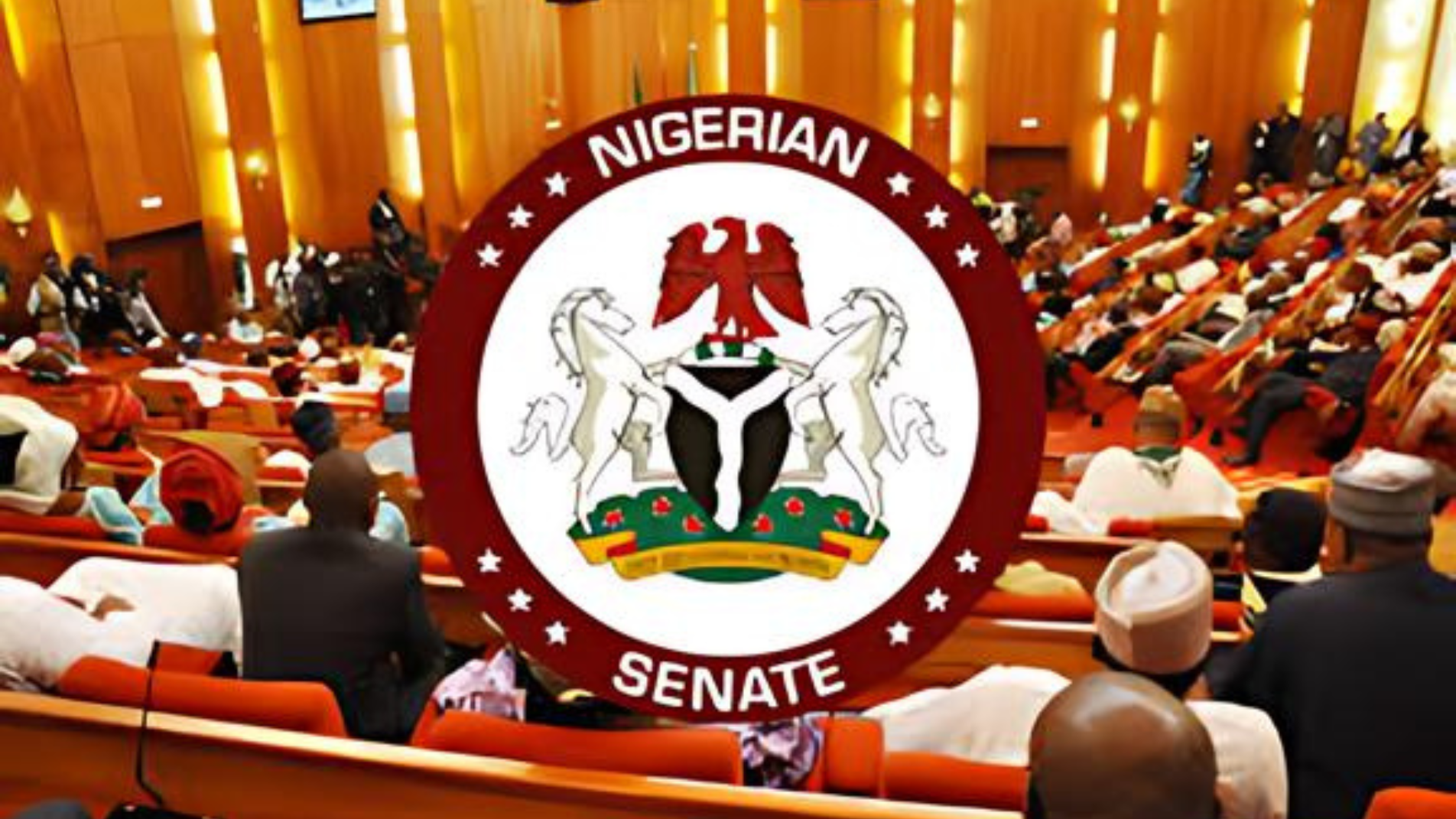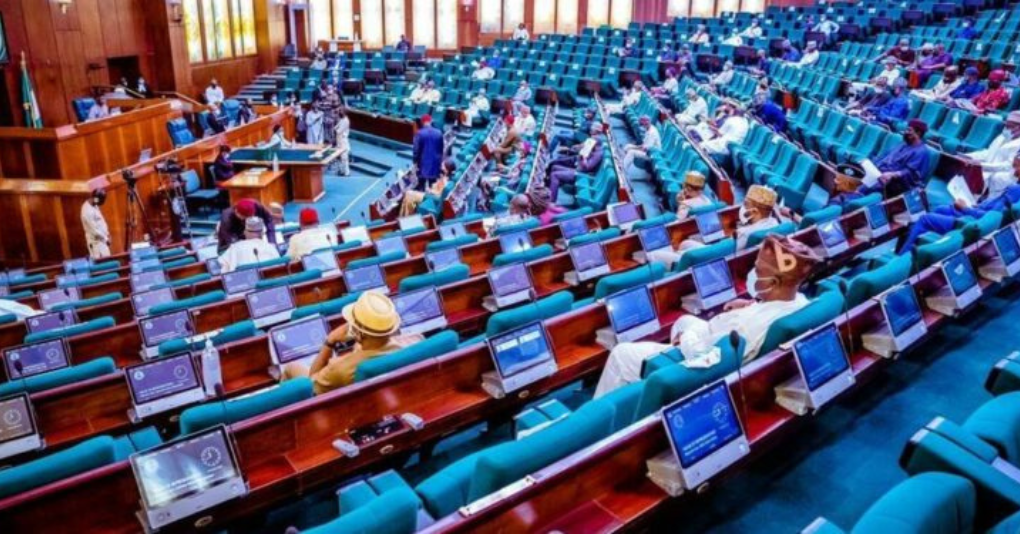The Federal Government has announced the approval of N1bn to be utilised as equity contribution in partnership with private developers to construct hostels in twelve selected tertiary institutions in the country made up of six universities, three polytechnics, and three colleges of education.
Speaking at a workshop on ‘Emerging Areas of Students Needs in Beneficiary Institutions’ organised by the Tertiary Education Trust Fund (TETFund) in Abuja on Tuesday, the Executive Secretary of the Fund Mr Sonny Echono who announced the approval, says the deplorable state of hostel accommodation in many institutions is hampering learning outcomes of students.
The funding, he explained, will serve as an equity contribution in partnerships with private developers for the construction of the hostels.
Highlighting a key development, Echono shared, “I am pleased to inform you that the Africa Plus Partners, in partnership with Akwa Ibom State University, will launch the construction of a 1,600 capacity students’ hostel through the support of TETFund on May 15.”
The Executive Secretary acknowledged the persistent issues of student accommodation, which include overcrowding in existing dormitories and many students having to live off-campus.
“The existing hostels are not only grossly inadequate but most of them are in deplorable conditions especially with regard to functional utility and sanitation,” he stated, emphasizing the impact on student performance and wellbeing.
Echono also highlighted the long-standing government efforts to build student hostels nationwide and the necessity of involving the private sector through Public Private Partnership (PPP) models to address these challenges effectively.
In addition to housing, the Fund is focusing on enhancing the teaching profession and the effectiveness of teaching practice interventions for educators and student teachers.
“Teaching practice provides experiences to supervisors and student teachers in-real time in the teaching environment and is crucial for honing their pedagogical skills,” Echono explained, emphasising its importance in developing potential teaching professionals.
Concluding his remarks, Echono noted a recent directive from the Federal Ministry of Education, which included recommendations from the National Salaries, Incomes and Wages Commission on teaching practice allowances.
He stressed the need for a revision of the current funding template for teaching practice to align with these new guidelines, signalling ongoing improvements in the sector’s funding strategy.
Share this post





Be the first to comment on this post